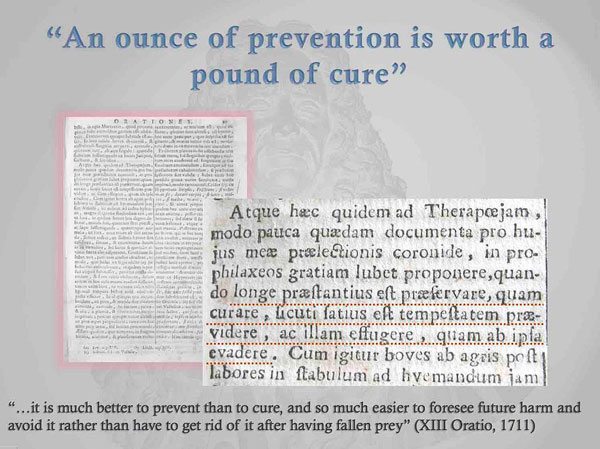
April 15, 2018; New York Times
We all know that poverty extracts a heavy toll on the poor, but what are the economic costs to US society as a whole? Recently, Washington University social work professor and renown poverty researcher Mark Rank and his colleague Michael McLaughlin decided to run the numbers and find out.
As Rank explains in a New York Times op-ed, “In particular, we examined the effect that childhood poverty has upon future economic productivity, health care and criminal justice costs, and increased expenses as a result of child homelessness and maltreatment.”
The results?
Rank explains that in a study published last month in Social Work Research, he and McLaughlin “determined that childhood poverty cost the nation $1.03 trillion in 2015 alone. This number represented 5.4 percent of the GDP. Impoverished children grow up possessing fewer skills and are thus less able to contribute to the productivity of the economy. They are also more likely to experience frequent health care problems and to engage in crime. These costs are borne by the children themselves, but ultimately by the wider society as well.”
In the article, McLaughlin and Rank break down these costs as follows:
Sign up for our free newsletters
Subscribe to NPQ's newsletters to have our top stories delivered directly to your inbox.
By signing up, you agree to our privacy policy and terms of use, and to receive messages from NPQ and our partners.
| Type of Cost | Dollar Amount (in billions) |
| Reduced earnings | 294.0 |
| Increased victimization costs of street crime | 200.6 |
| Increased health costs | 192.1 |
| Increased corrections and crime deterrence costs | 122.5 |
| Increased child homelessness costs | 96.9 |
| Increased social costs of incarceration | 83.2 |
| Increased child maltreatment costs | 40.5 |
| Total cost of child poverty | 1,029.8 |
Looked at in terms of percentages, crime and incarceration (the second and fourth and sixth listed items above) generate the greatest costs (39 percent of total costs). Reduced lifetime earnings are another 29 percent and ill health is 19 percent. Child homeless (9 percent of costs) and child mistreatment (4 percent) round out the numbers.
The calculations that McLaughlin and Rank made were based on 2015 dollars. Rank notes that in 2015, the Congressional Budget Office reports that the federal government spent $3.7 trillion. Thus, “the annual cost of childhood poverty represented 28 percent of the entire federal budget.”
What’s more, McLaughlin and Rank looked at whether poverty reduction might, in essence, pay for themselves—that is, is it more expensive to spend money on social services to reduce poverty or is not spending the money more expensive? The answer: for each dollar spent on reducing childhood poverty, “the country would save at least $7.”
Again, the details are available in McLaughlin and Rank’s Social Work Research article:
[Children’s Defense Fund], in conjunction with the Urban Institute, has estimated that childhood poverty could be reduced by 60 percent at a cost of $77 billion (Giannarelli, Lippold, Minton, & Wheaton, 2015)… Similarly, Shaefer and colleagues (2016) have estimated that by transforming the child tax credit into a universal child allowance, childhood poverty could be reduced by 40 percent to 50 percent, with extreme poverty eradicated, at a cost of approximately $70 billion. Taking these studies into account, if we assume that childhood poverty could be roughly cut in half through an annual expenditure of $70 billion, that $70 billion would save us approximately half of the $1.0298 trillion that we project poverty costs us, or $515 billion.
Rank concludes: “Most of us are familiar with the saying, ‘An ounce of prevention is worth a pound of cure.’ It turns out that this is particularly true in the case of poverty.”—Steve Dubb













